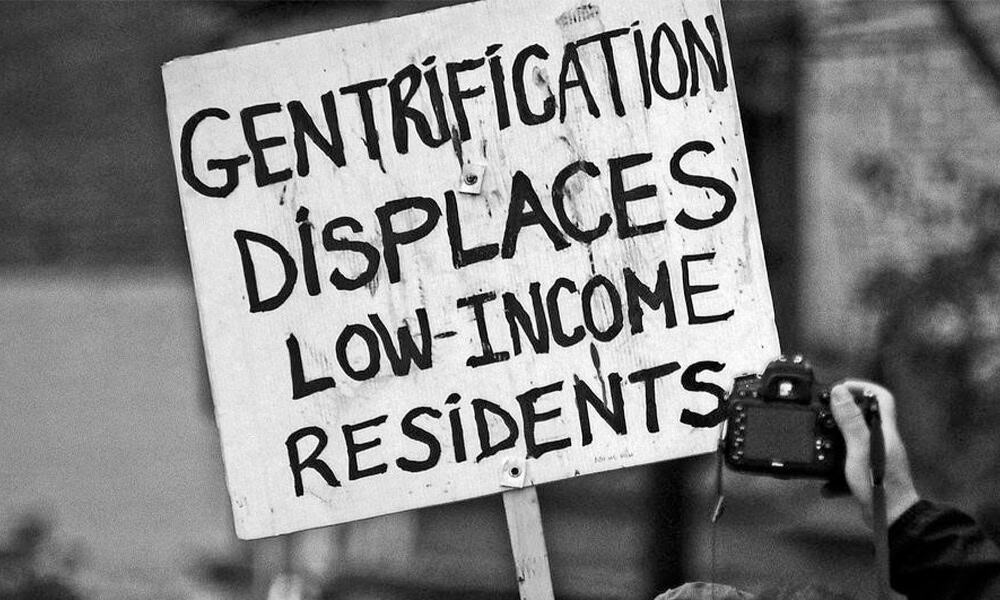San Gerardo de Rivas is a small, traditional Costa Rican town situated high in the valley of the Chirripó Pacífico River in the Talamanca Mountains of south-central Costa Rica. The area has traditionally been dedicated to agriculture, and the land has been owned by locals who have devoted their lives to this economic activity.
However, things are rapidly changing in this region. The purchase of land by foreigners has led to a disproportionate increase in land prices, pushing locals away and forcing them to sell their properties. One local resident commented that he has received offers of millions of dollars for his land; however, he has refused to sell it.
“On one occasion, while I was milking the cows at 5 a.m., a couple arrived and I thought, ‘How strange, why are they coming at this time?’ They told me they were interested in buying my farm, and I asked them why since I wasn’t selling it. They replied, ‘But we want to buy it from you; that’s why we’re here,’” he said.
A four-hectare farm was offered for one million dollars, noting in its description that most of the neighbors are foreigners. In many cases, buyers divide the property and resell plots at exorbitant prices, multiplying their investment in a short time. Buyers pay from $250,000 to one million dollars, divide the land into four parts, and sell each part for one million dollars, quadrupling their initial investment.
Foreigners request real estate agents to fulfill three main conditions for purchasing properties: access to water sources, a river, and scenic views. Nonetheless, in a nearby town where there is no Asada, an entity responsible for promoting the development of water systems, a foreigner is building a private aqueduct.
Many residents of the affected communities have reported issues as foreigners attempt to prevent them from accessing the river and other public spaces. For most locals, the problem is not the presence of outsiders per se, but their inability to adapt to the community in which they arrive.
“The problem is not that they are here; it’s that they don’t respect the culture. They come here imposing things they shouldn’t,” one resident stated.






